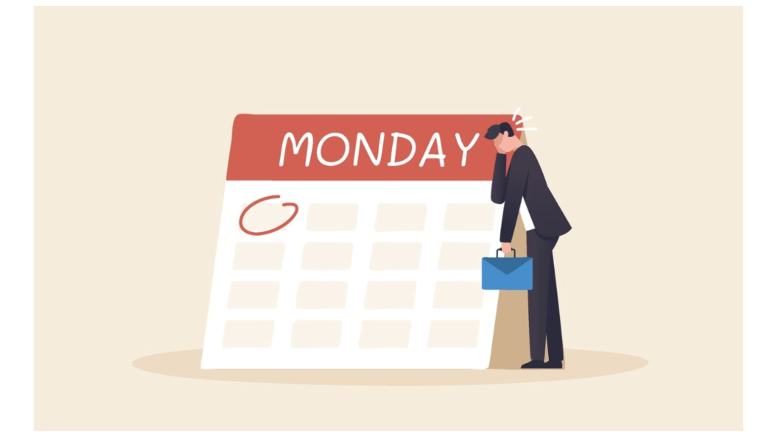It is Monday. You are getting ready for work, at the same time, your mind is racing over the day’s schedule. You are also scrolling your WhatsApp messages and then switching over to your outlook on your phone.
You are in a conference. There are invariably a few who have their laptops open and working away. Ask them if they are able to hear what the speaker is presenting…and they will say, ‘Oh, I can multitask.’
Sounds familiar, does it not?
The ability to multitask! Doing so many things at one go.
The reality is different.
Human beings are not wired to multitask. Hence, we should not even think about it, nor try it.
Research overwhelmingly supports the idea that the human brain is not designed for effective multitasking.
David Meyer, Jeffrey Evans, and Joshua Rubinstein in their 2001 paper “Executive control of cognitive processes in task switching” write that our brain does not actually multitask. Instead, it rapidly switches back and forth between the two tasks. Needless to say, task switching does not make us perfect. Instead, as the study showed, it makes us far less observant — and far more prone to errors.
Russell Poldrack, a neuroscientist at Stanford University found that multitasking during learning activities impairs the quality of learning. The study showed that participants who attempted to multitask during learning tasks experienced a 40% drop in productivity.It becomes worse for those who multitask between media devices. Heavy media multitaskers were found to have performed worse on cognitive control tasks. They had more difficulty filtering out irrelevant information and were less effective at task-switching.
Studies have also shown that we need around 25 minutes more to get back on track if we have been distracted from the task.
Multitasking, therefore, is of no use and it is time we put the multitasker to its death.
No, women are not good at multitasking
That is another myth that got perpetuated down the years. The detrimental impact of multitasking is common across genders.
Traditional gender roles have always assigned women the responsibility of managing both household tasks and professional duties, leading to the perception that they can handle multiple tasks simultaneously. Nothing could be more erroneous.
Women, who try to balance both work and home are in fact at a higher risk of burnout due to demands of multitasking. This can lead to emotional exhaustion and decreased overall well-being.
Neuroscientist Adam Gazzaley and psychologist Larry Rosen found that women who regularly multitask may experience difficulty recalling information accurately due to divided attention.
Overall, while women may often find themselves in roles that necessitate frequent task switching, it in no way creates any positive impact. Tasks requiring high cognitive demand are equally challenging for both genders when performed simultaneously. Women who pride themselves at being multitaskers need to reassess their ability to complete tasks and the impact it has on them.
The era of montasking
Our brains have a limited ability to pay attention to simultaneous tasks. Additionally, our brains need ‘down-time’ to process other tasks. Multitasking only ends up bombarding our brains and deprives it of relaxation. An overactive mind is of no good to anybody. Multitaskers are “suckers for irrelevancy” says Stanford professor Clifford Nass.
Many organisations tend to reward and recognise multitaskers, inadvertently fueling a toxic culture of multitaskers. It is an illusion that has negative consequences on the overall mental well-being of employees and impacts organisational productivity.
Time then for all of us to learn to let go of multitasking.
The views and opinions published here belong to the author and do not necessarily reflect the views and opinions of the publisher.



Be the first to comment on "The multitasker is dead."